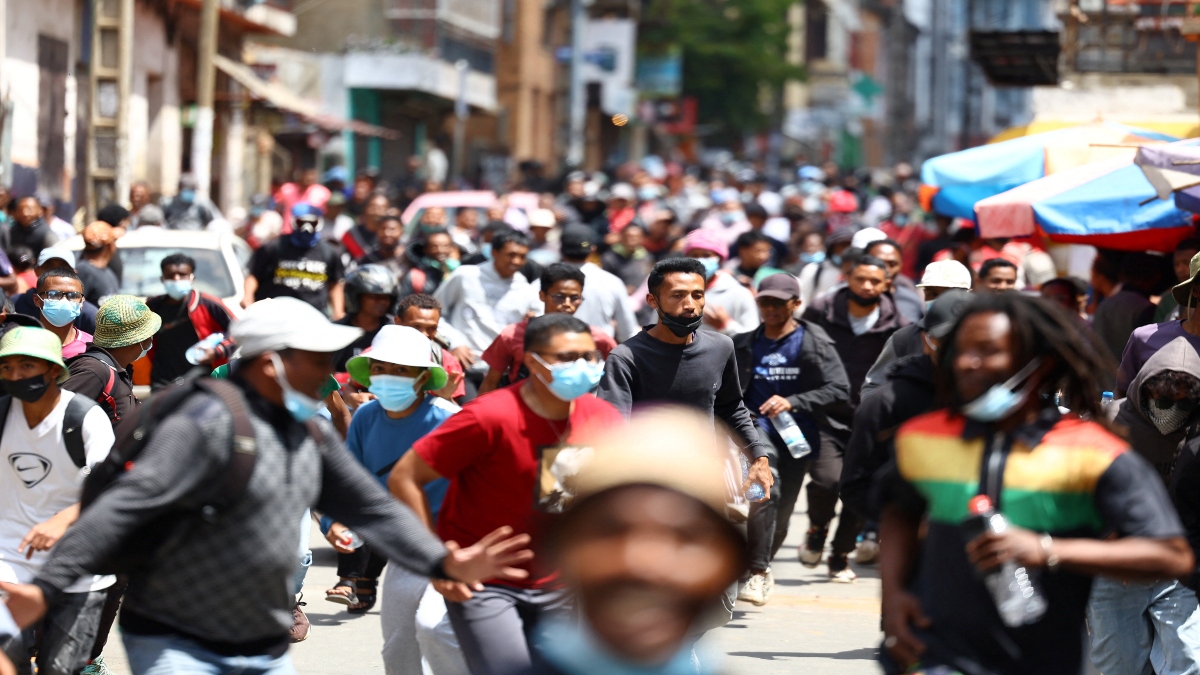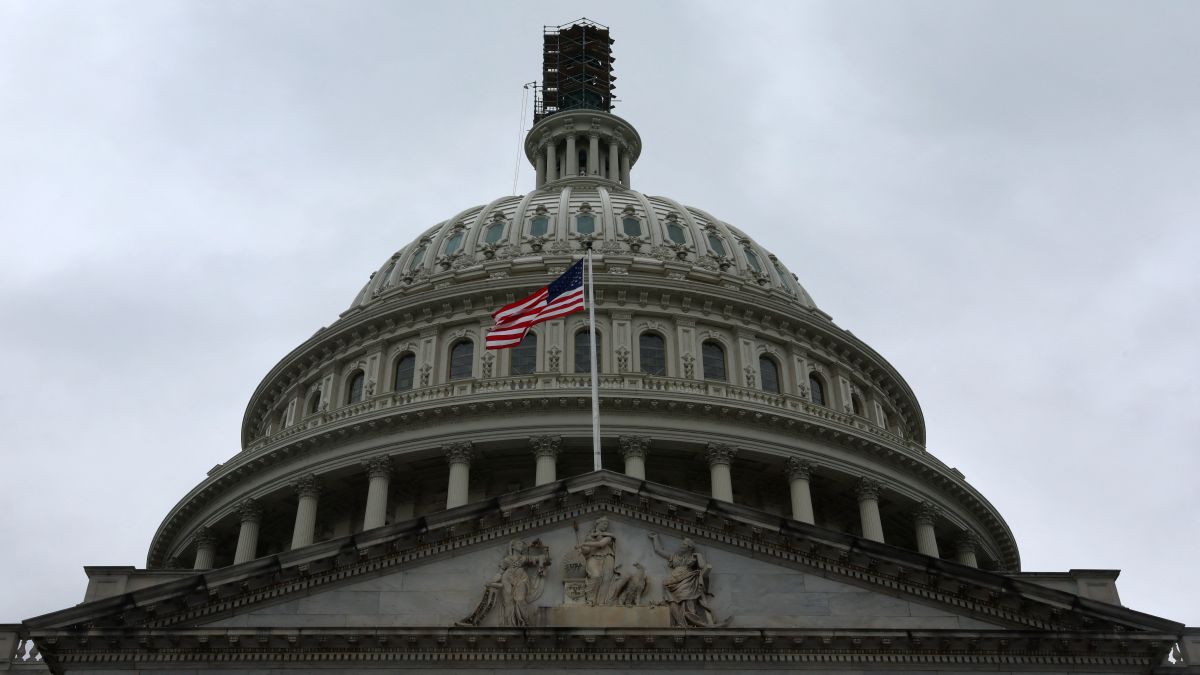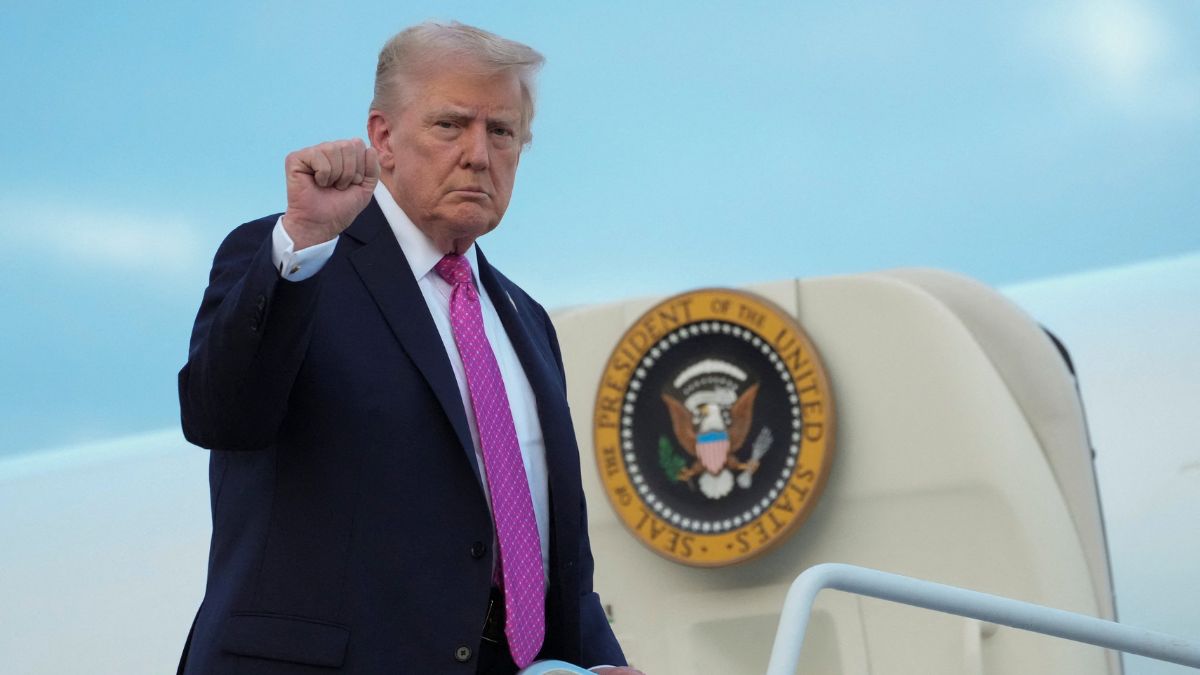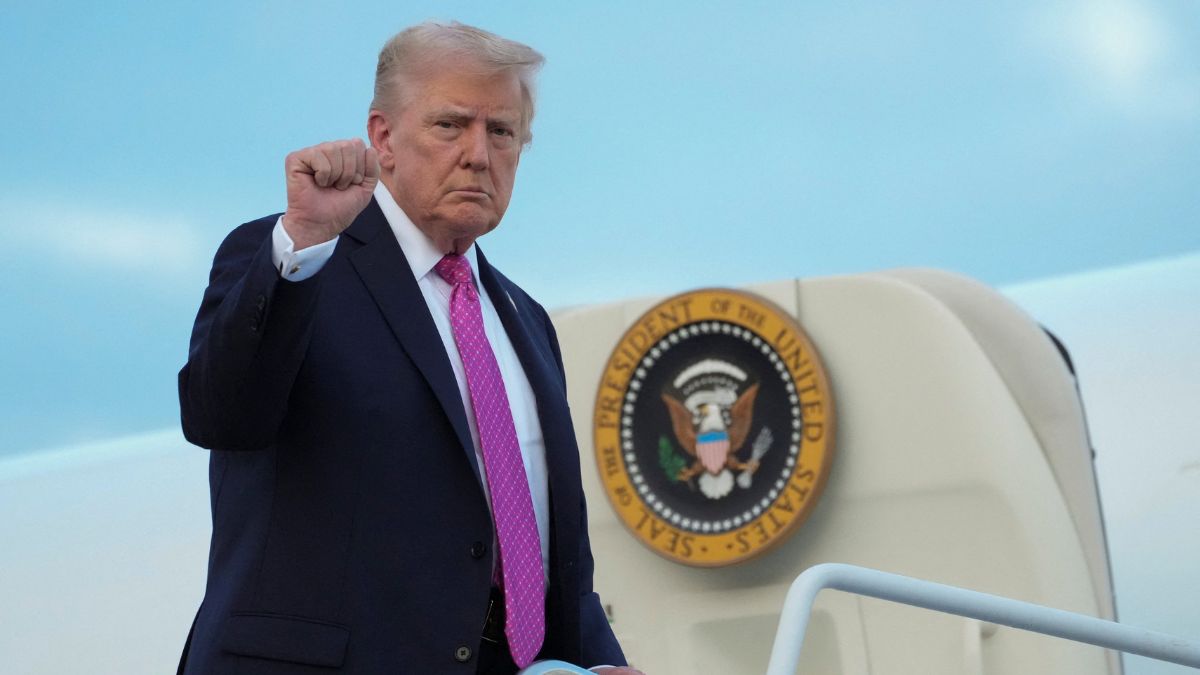Madagascar President Andry Rajoelina on Friday rejected calls to resign but expressed willingness to listen and work toward solutions for the challenges facing the impoverished island nation amid nationwide youth-led protests.
In a speech broadcast on his Facebook page, Rajoelina said, “No one benefits from the destruction of the nation. I am here, I stand here ready to listen, ready to extend a helping hand, and above all, ready to bring solutions to Madagascar.”
Without presenting evidence, he claimed that some politicians were attempting to exploit the protests and had even contemplated staging a coup while he was at the United Nations in New York last week.
“Criticism of existing problems does not necessarily have to be expressed in the streets; it should be done through dialogue,” said Rajoelina, who first came to power in a 2009 coup after leading mass protests against the government.
Inspired by similar “Gen Z” protests in Kenya and Nepal, the demonstrations in Madagascar have surged since last week into the largest wave of unrest the country has seen in years, fueled by widespread frustration over persistent poverty and corruption.
In an effort to calm public anger, President Rajoelina dissolved the government late Monday.
However, the move has done little to ease the grievances that first erupted in the capital on September 25, sparked by worsening water shortages and power outages.
Impact Shorts
More ShortsThe United Nations reported that at least 22 people were killed and over 100 injured during the initial days of the protests, though the government disputes these figures.
On Friday, Rajoelina posted on his X account that he had spent the past three days meeting with various groups to discuss the crisis.
After a one-day pause, protests resumed in the capital on Friday, with police using tear gas to disperse some demonstrators, according to footage from Real TV Madagasikara.
Despite Madagascar’s abundant mineral resources, rich biodiversity, and agricultural land, the island nation remains one of the poorest in the world.
According to the World Bank, between independence in 1960 and 2020, the country’s per capita income fell by 45% in real terms.
The bank attributes the poor economic performance to the tight control of institutions and resources by an unaccountable elite, coupled with a lack of competition and transparency.
With inputs from agencies


)

)
)
)
)
)
)
)
)



